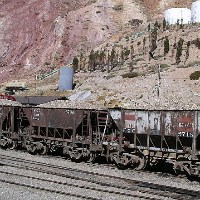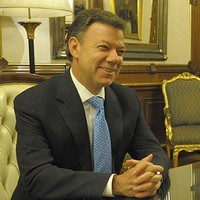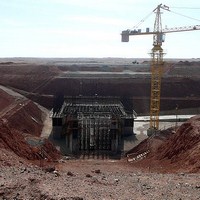
This is the second in a two-part series on Peruvian politics. Part I examined the evolution of Peruvian politics since the Fujimori era and the challenging conditions for governance. Part II examines President Ollanta Humala’s government and discusses policy solutions to Peru’s political volatility and social upheaval. Two years into a five-year term, the government of Peruvian President Ollanta Humala is already facing plummeting public approval. Despite Humala’s rhetorical commitment to social inclusion and justice, his government’s reaction to escalating protests against extractive industries has sparked concerns not only about his willingness to forge a consensus between local communities and […]





